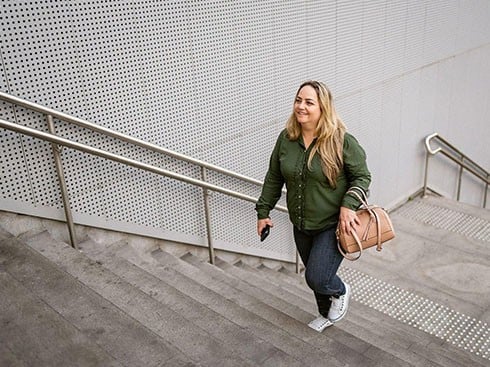Not Your Mama’s Meal Planning: Discover Personalized Nutrition
MAR 06, 2024Are you seeking a diet as unique as you? With personalized nutrition, that’s exactly what you get. Learn what this new approach is and who benefits.
Read More Additional information about Discover Personalized Nutrition and Meal Planning



